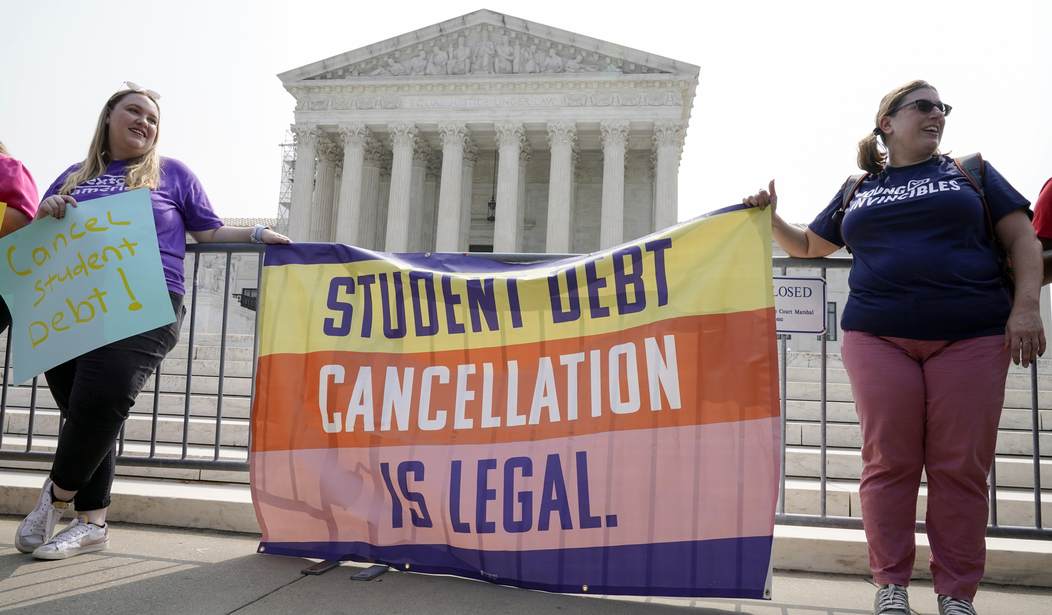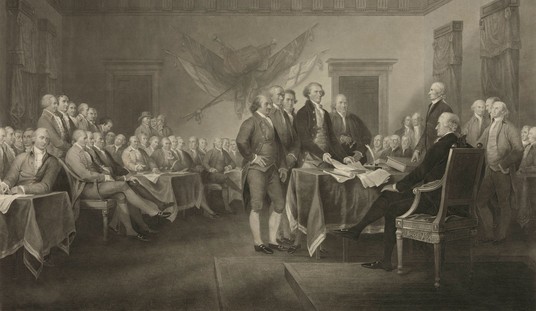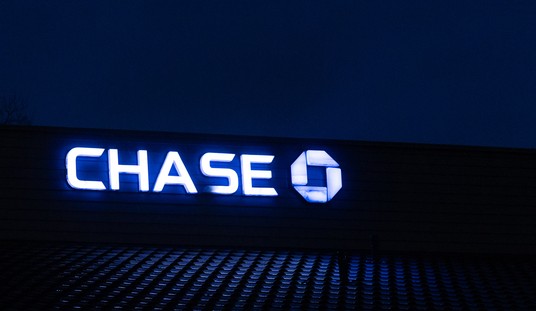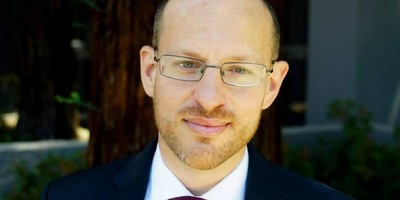Back in the day of telephone books, the Washington, D.C., Yellow Pages contained more than a dozen pages of "associations," a code word for lobbyists. They included associations for tort reform, one for buses and even an association for snack food.
I don't recall an association that would lobby for students who refused to pay back their college loans.
Now there is one. It's called "The Student Borrower Protection Center." Its goal is what the name says: protecting students from an obligation to repay their part of an estimated $1.7 trillion in student loan debt.
After a five-year suspension initiated by President Trump during Covid, the second Trump administration has restarted the requirement that loans be repaid. The administration is also pressuring colleges and universities to persuade graduates and former students to repay their loans, saying that if they don't, future students might not receive any loans.
The Wall Street Journal reports: "A far bigger group of schools is now at risk because so many students never resumed paying back their loans after a pandemic pause. Nearly 10 million borrowers are either already in default or on the cusp, the Education Department says. Within a few months, roughly a quarter of borrowers nationwide could be in default, meaning they are at least nine months behind on payments."
If you are in default on a car payment, you risk repossession of the car. It's the same with a mortgage payment. If you are late paying the IRS, penalties can be applied, including wage garnishments and the seizure of property. Only when it comes to student loans are some people lobbying for forgiveness. The Supreme Court ruled 6-3 that the Biden administration did not have the constitutional authority to unilaterally forgive student debt. He tried anyway.
Recommended
The Journal also reports: "... the Education Department began putting defaulted student loans in collections. Almost 200,000 defaulted student-loan borrowers have begun getting notices that tax refunds and federal benefits could be withheld to pay back their debt as soon as a month from now."
Presumably graduates are now working at jobs that pay enough for them to contribute at least token amounts to their debt. They could possibly work out a payment deal with the government. Even the IRS allows for such things, though it can charge interest and penalties.
The high cost of higher education, along with the one-sided liberal worldview taught at many colleges and universities, are among the reasons more young people are declining the college experience or taking online courses. Online courses predictably increased during the pandemic but have only slightly declined since then. According to Inside Higher Ed: "In the 2022-23 academic year, a little over half of U.S. students - 53 percent - were enrolled in at least one online course, according to National Center for Education Statistics data. That dipped from 2021's fall enrollment, which counted 59 percent of students online in some way." With the constant rising cost of a college education, it is safe to predict more young people will explore other options, including online.
Good credit - meaning you paid your bills and other obligations on time, living within your means - used to be related to one's character. In our entitlement age, people who sign agreements when taking out a loan are effectively being told they shouldn't be expected to keep their promise. What other responsibilities do they think they should be able to shirk? This is what happens when standards no longer matter.

























Join the conversation as a VIP Member